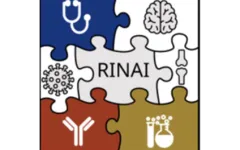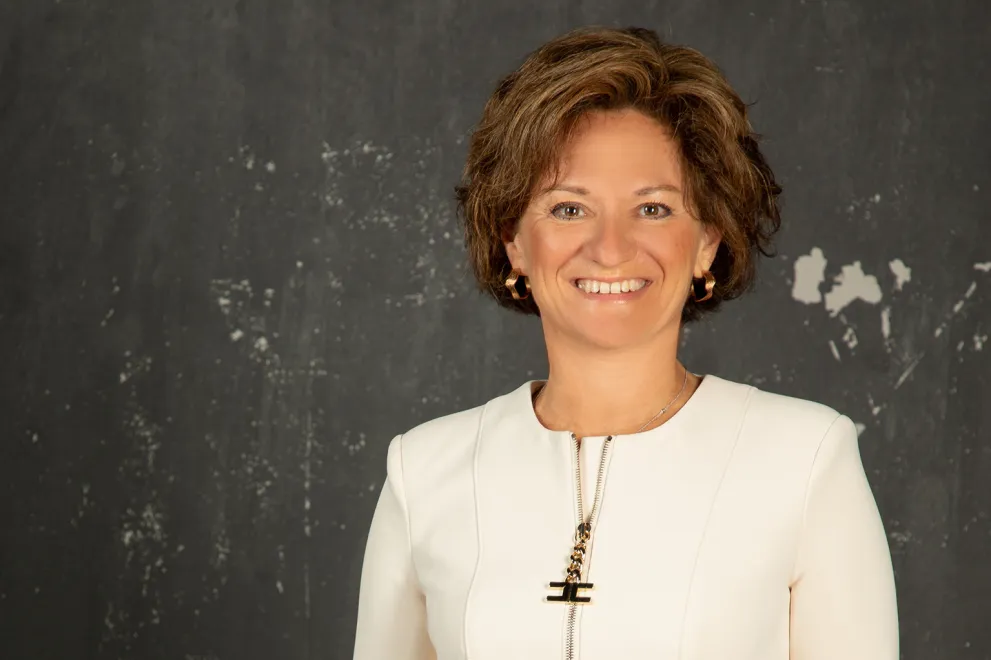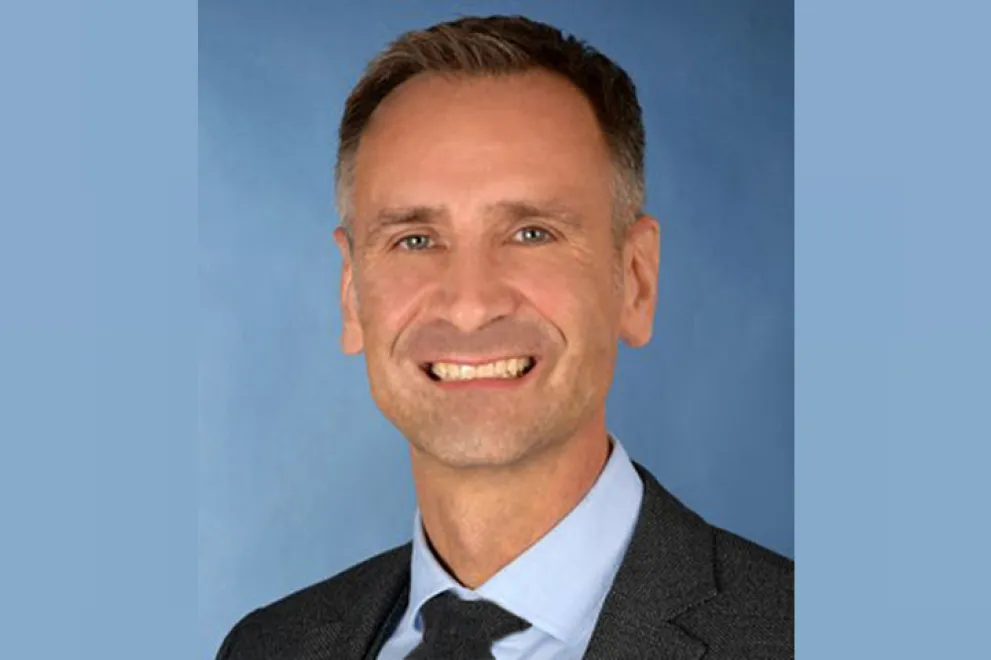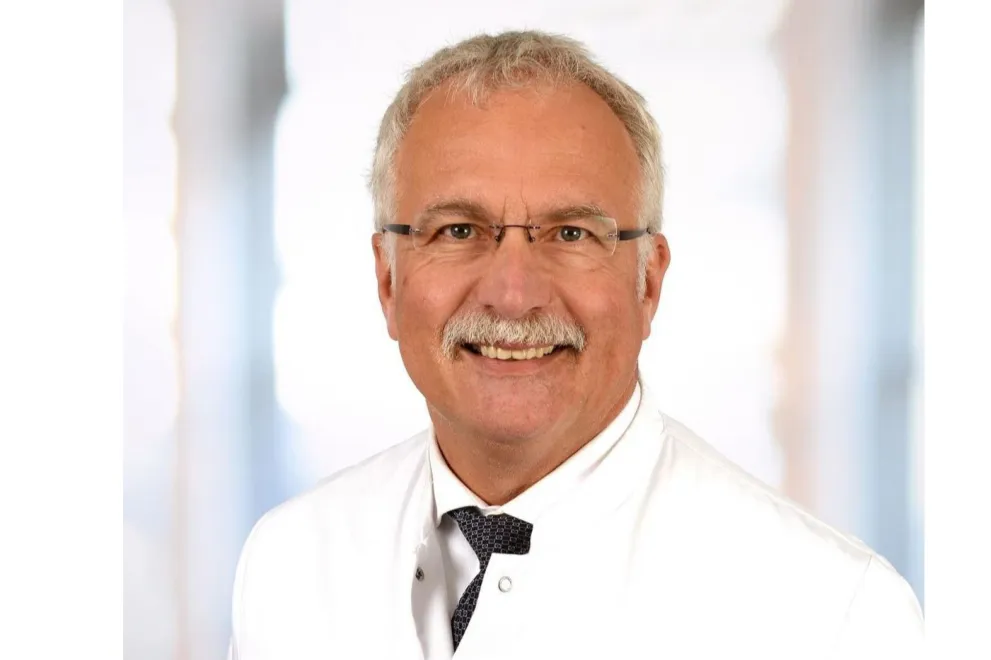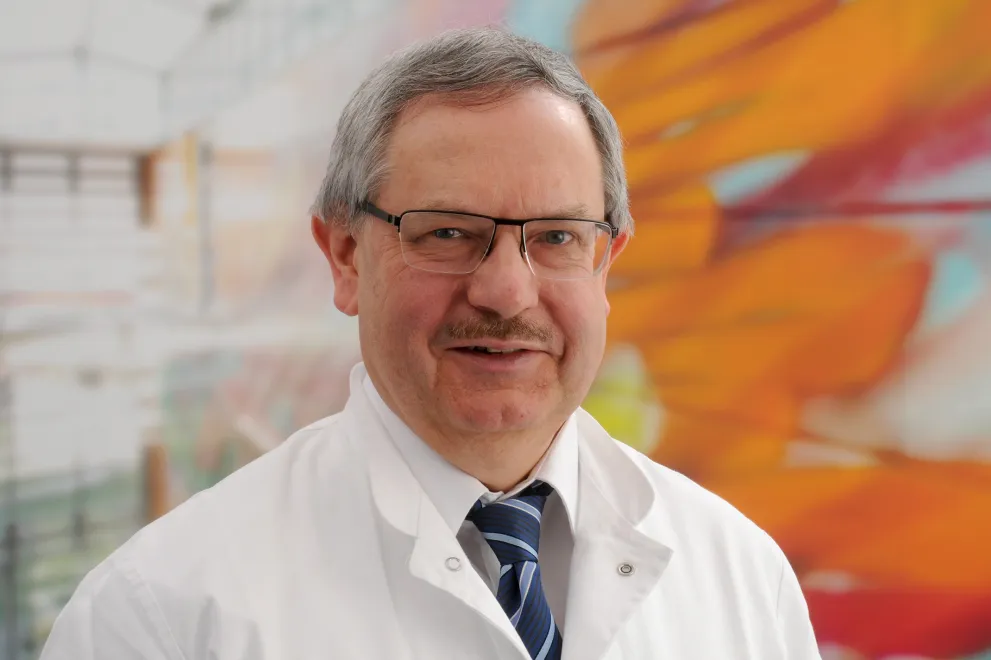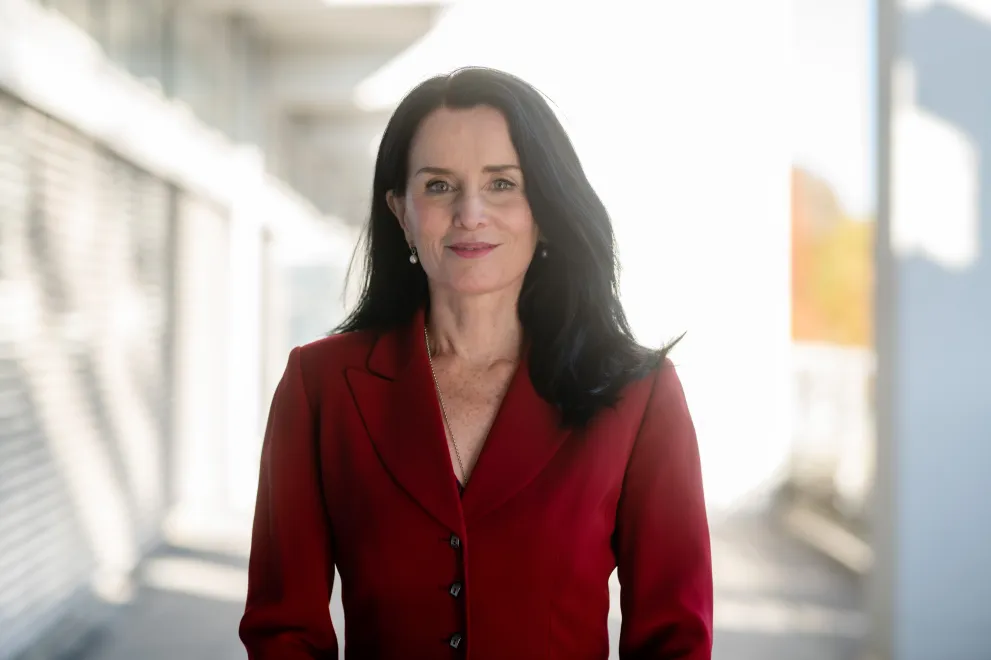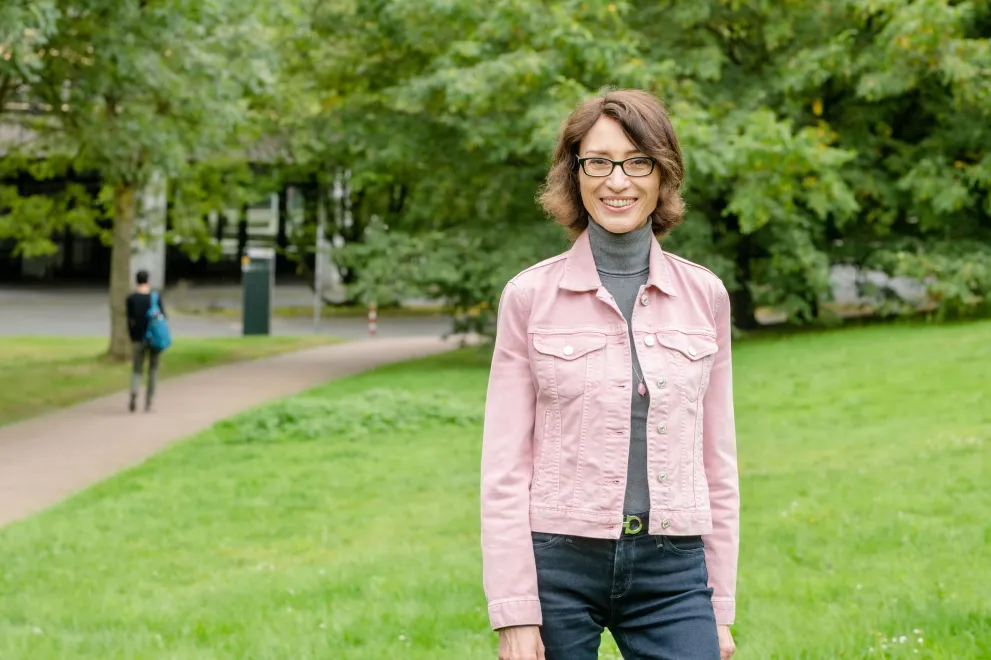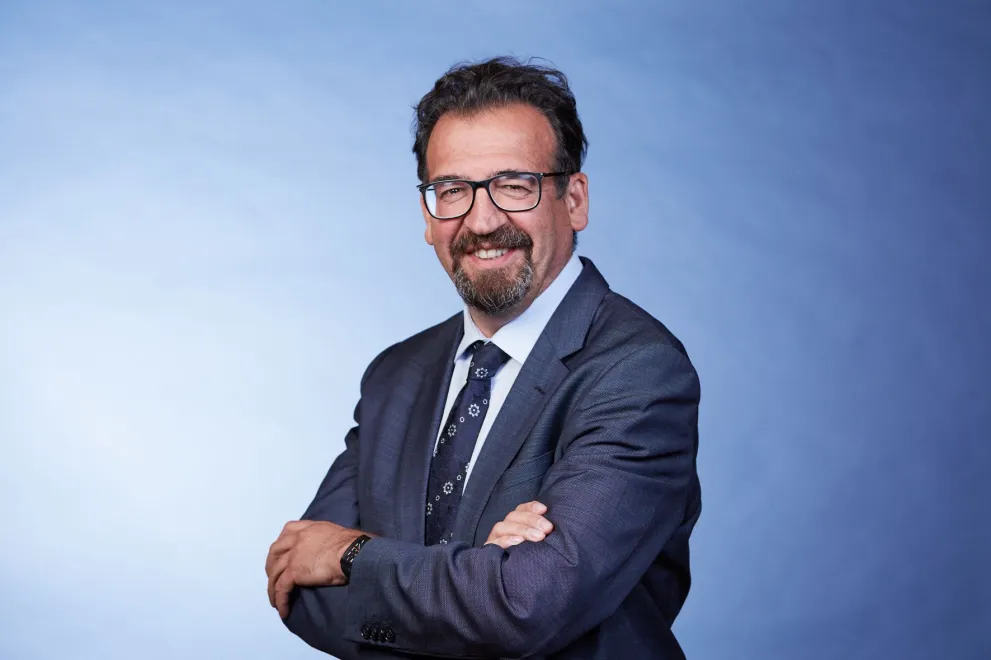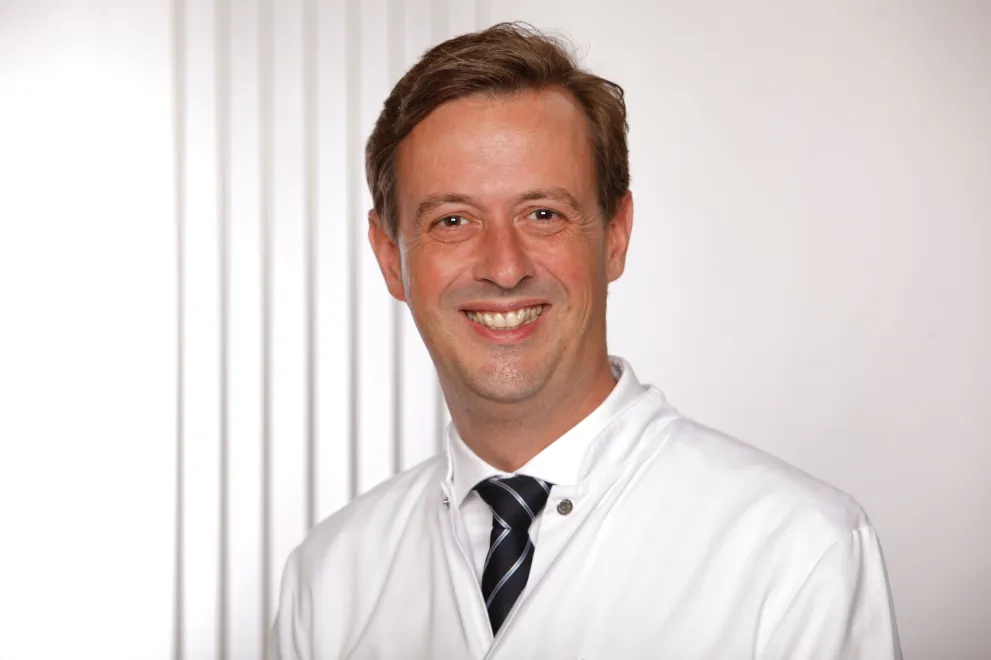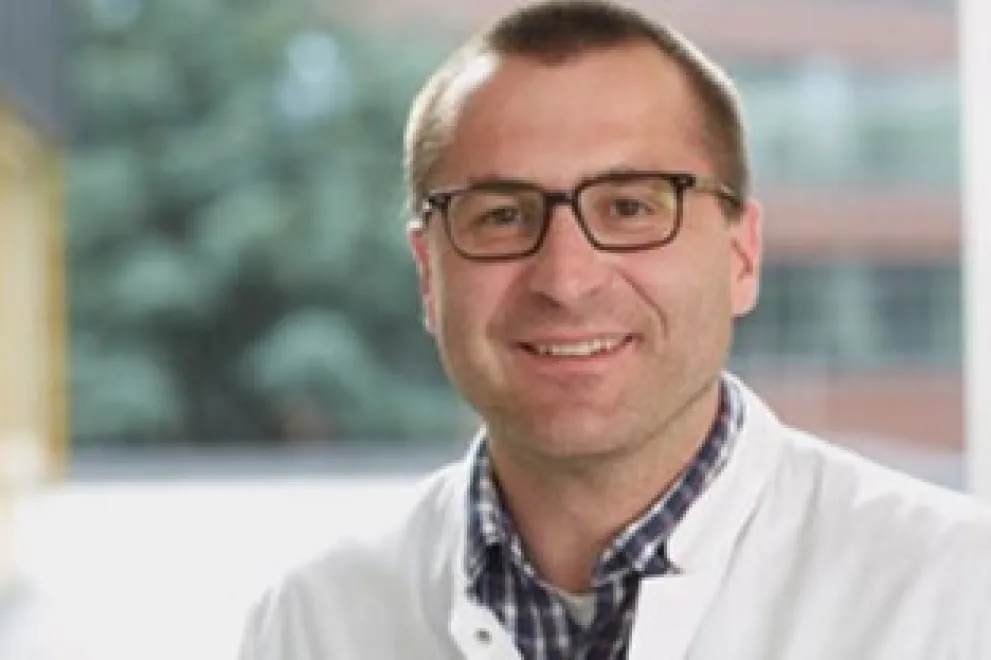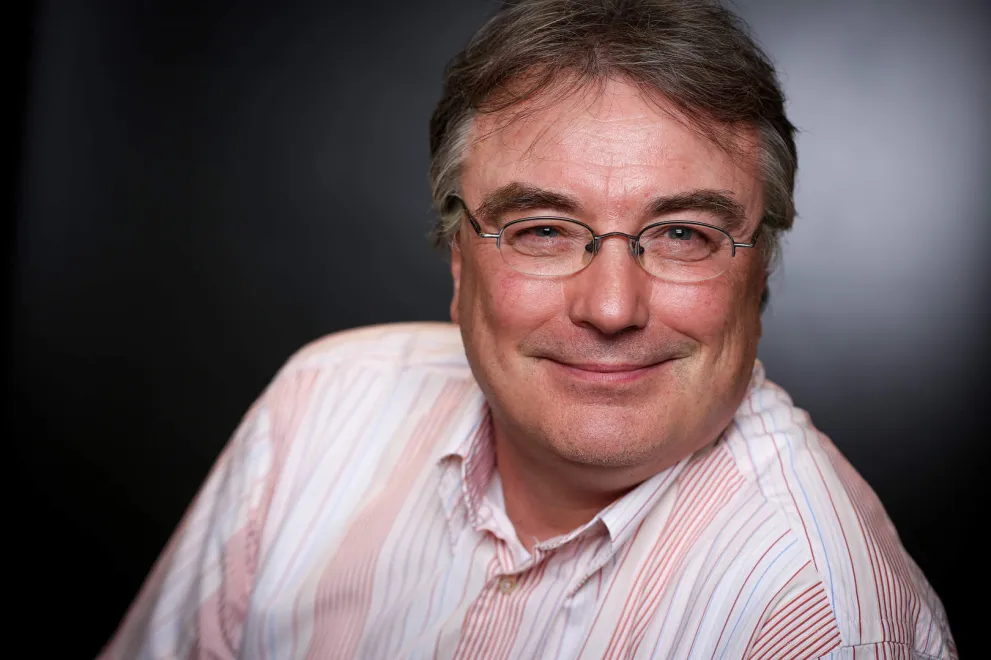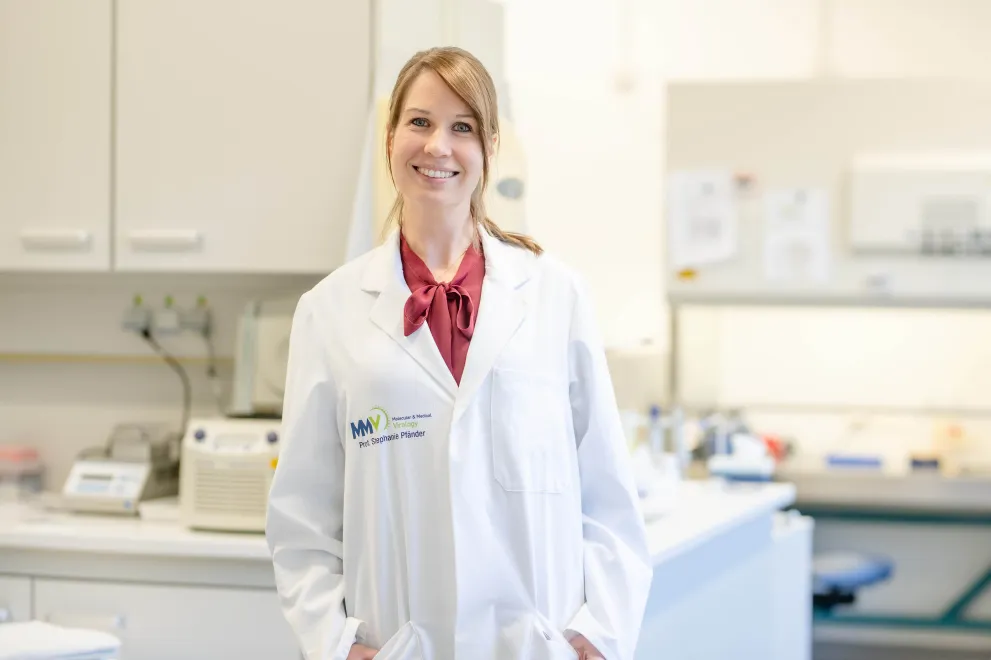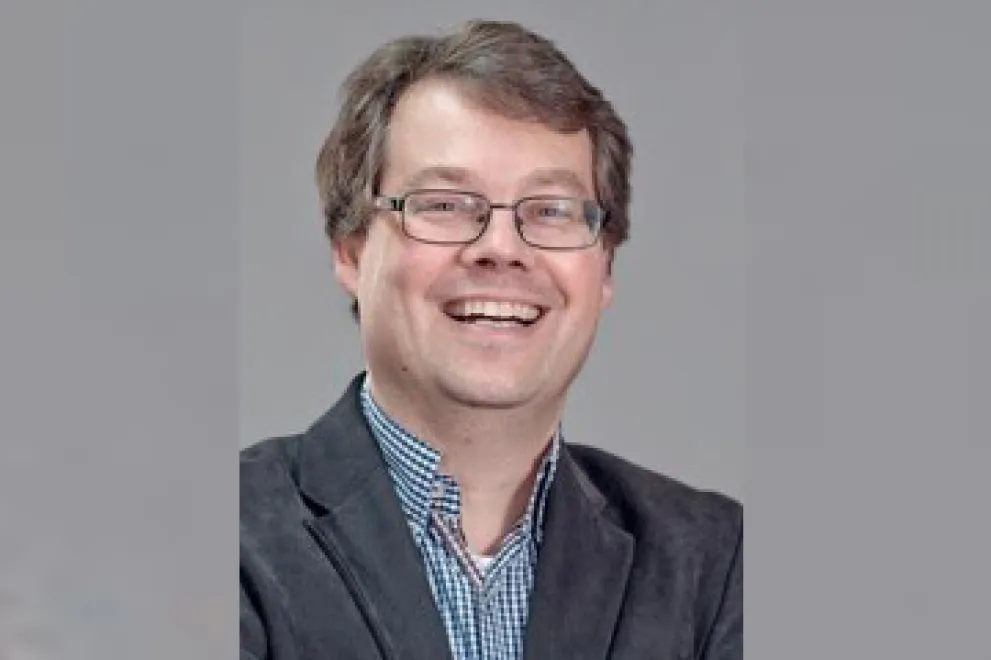
Program schedule
The RINAI Clinician Scientist program lasts three years, 50% of which must be kept free from routine clinical work for research activities. Candidates should apply for the Clinician Scientist program in the third year of clinical training, so that the start of the Clinician Scientist program usually takes place after completion of the three years of clinical work. The planning of research blocks within this three-year period is done individually before the start of the Clinician Scientist program with the support of the mentoring team and the hospital management. In general, the first six months should be used for laboratory rotations. In addition to learning new techniques according to individual project needs and making new scientific contacts, candidates will participate in scientific events and seminars of the participating institutes as well as workshops organized by the institutes and the RUB.
The scientific environment
Embedded in the environment of the Faculty of Medicine and its graduate schools such as the RUB Research School, the International Graduate School of Neuroscience and the Postgraduate College for Young Physicians, the planned Clinician Scientist Program will benefit from scientific expertise, structural training and technological achievements. A large biobanking facility, an imaging center with the novel electron microscopy unit founded by PIs from RINAI (Erdmann, Winklhofer, Tegenthoff), the newly created IT infrastructure linking various clinical departments and clinics, the clinical research organization with newly appointed professorships for biometrics and bioinformatics round off the optimal conditions for modern and resource-efficient research, which includes basic research, clinical studies, translational research and patient/healthcare research.
Cooperating graduate schools
RIMUR, IGSN, RUB Research School, FORUM CS

